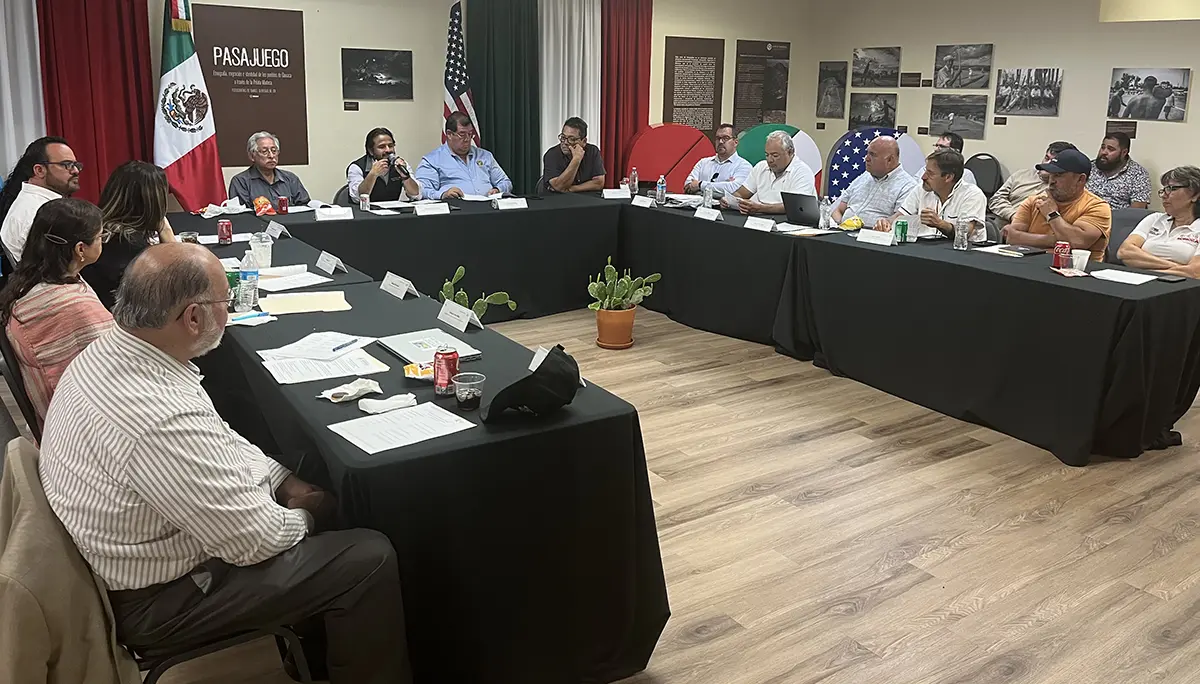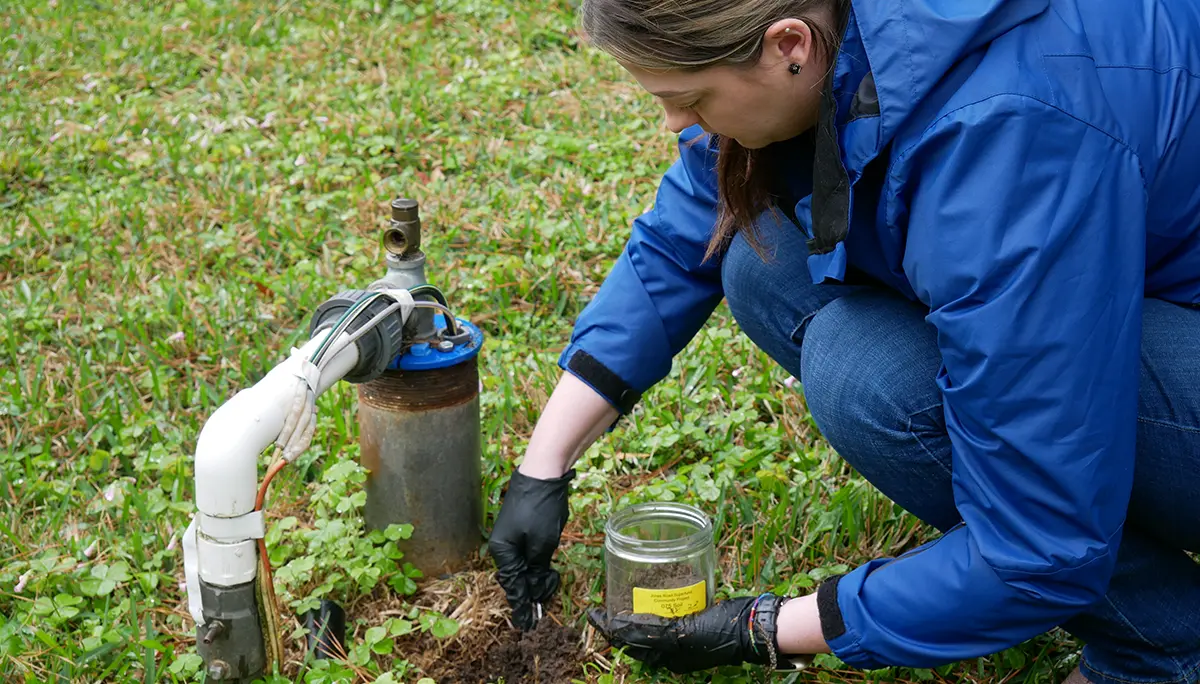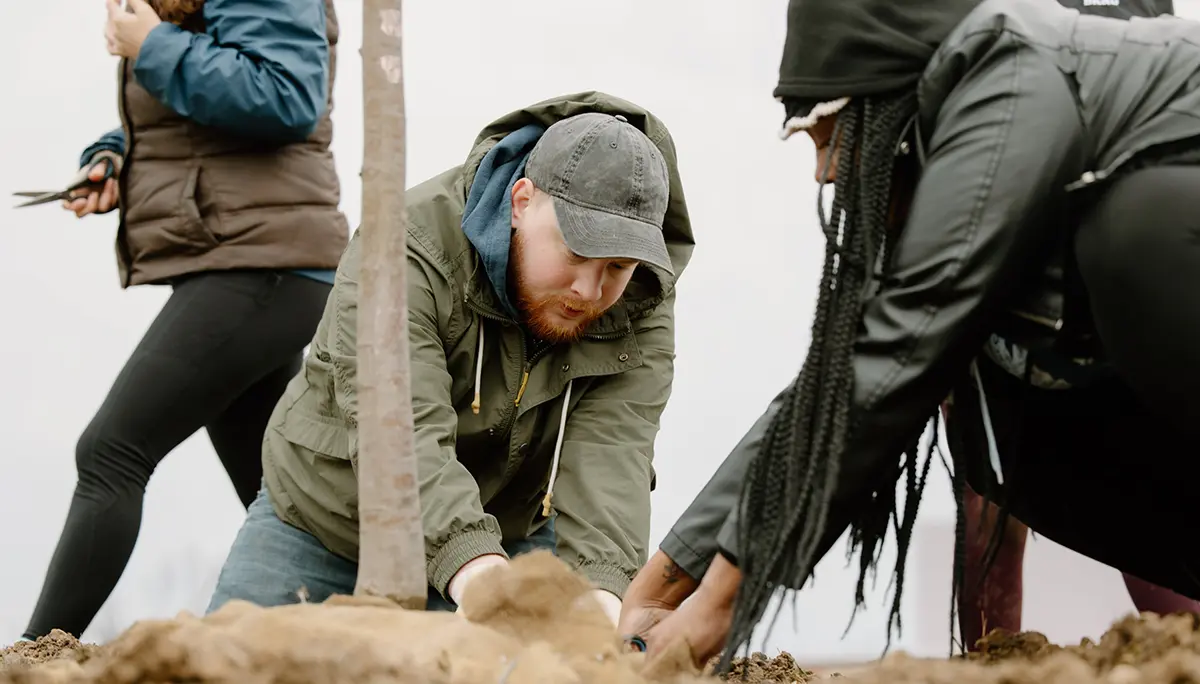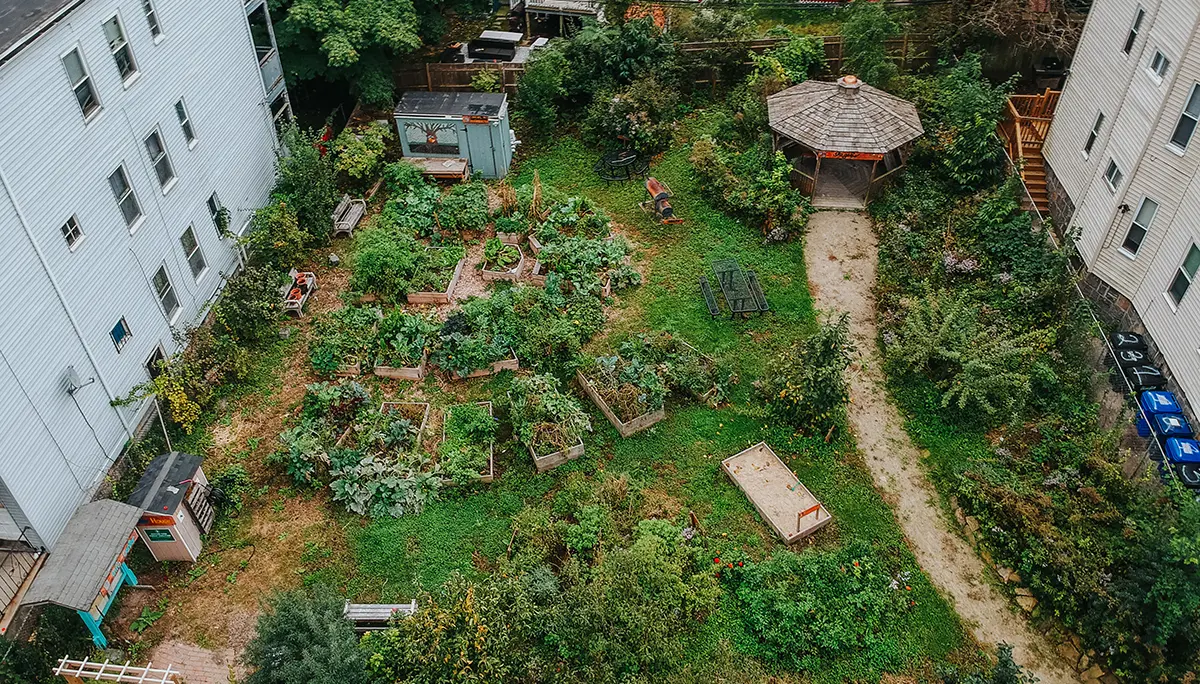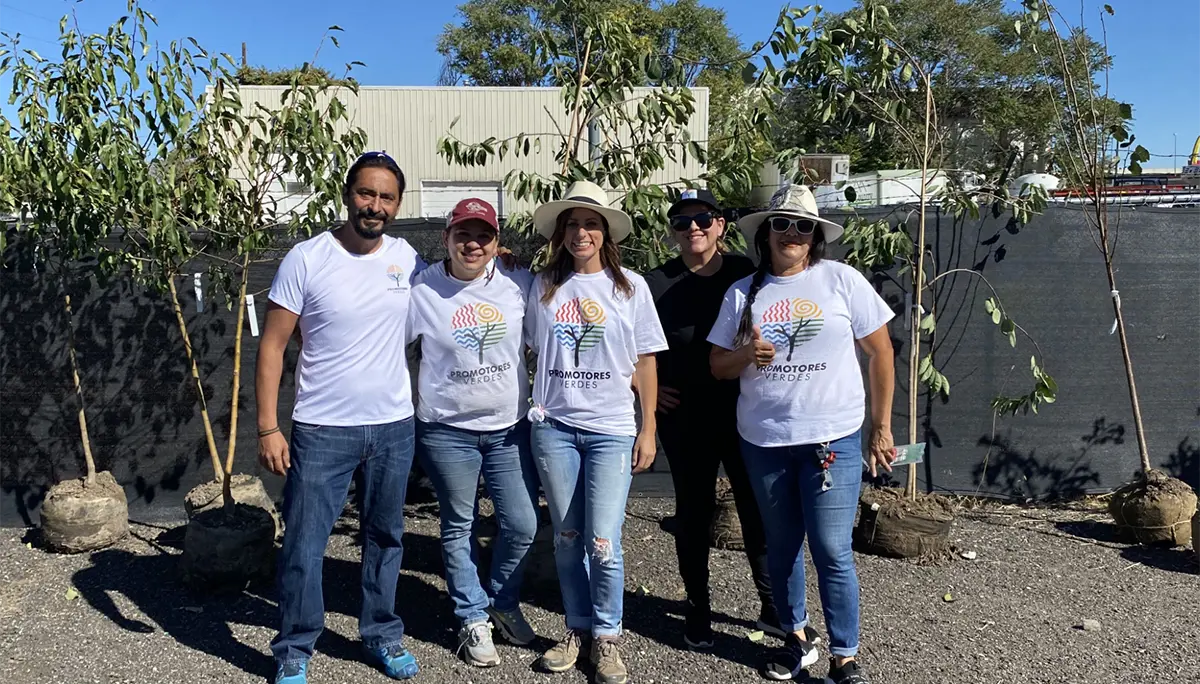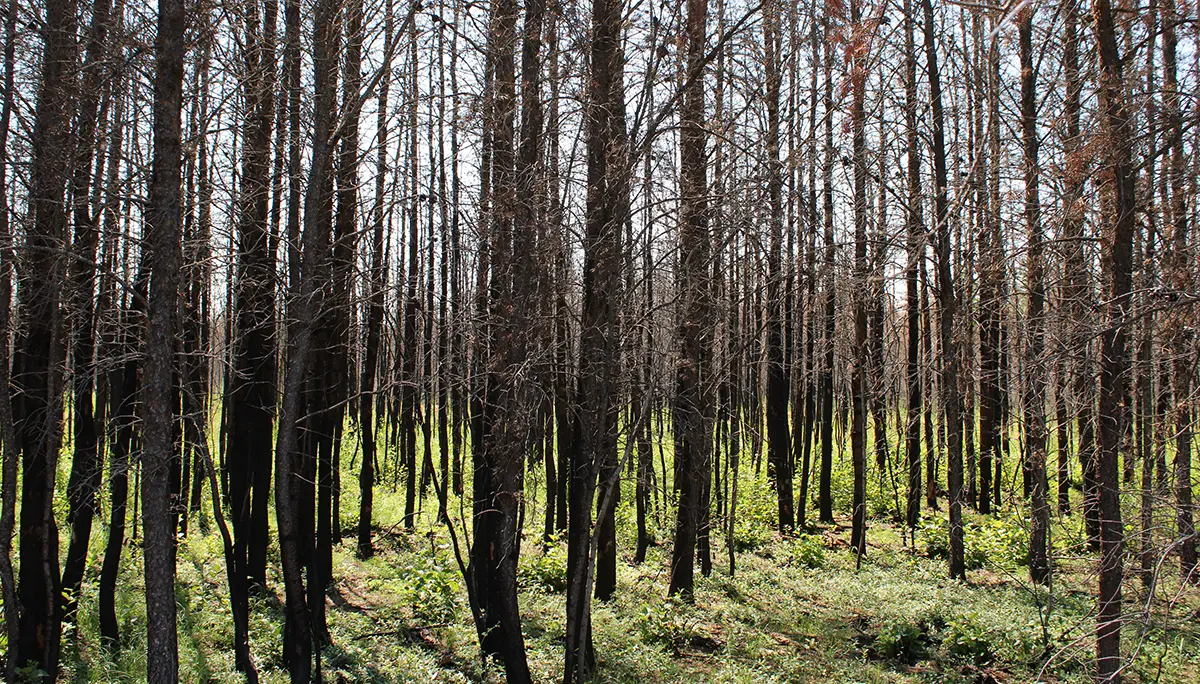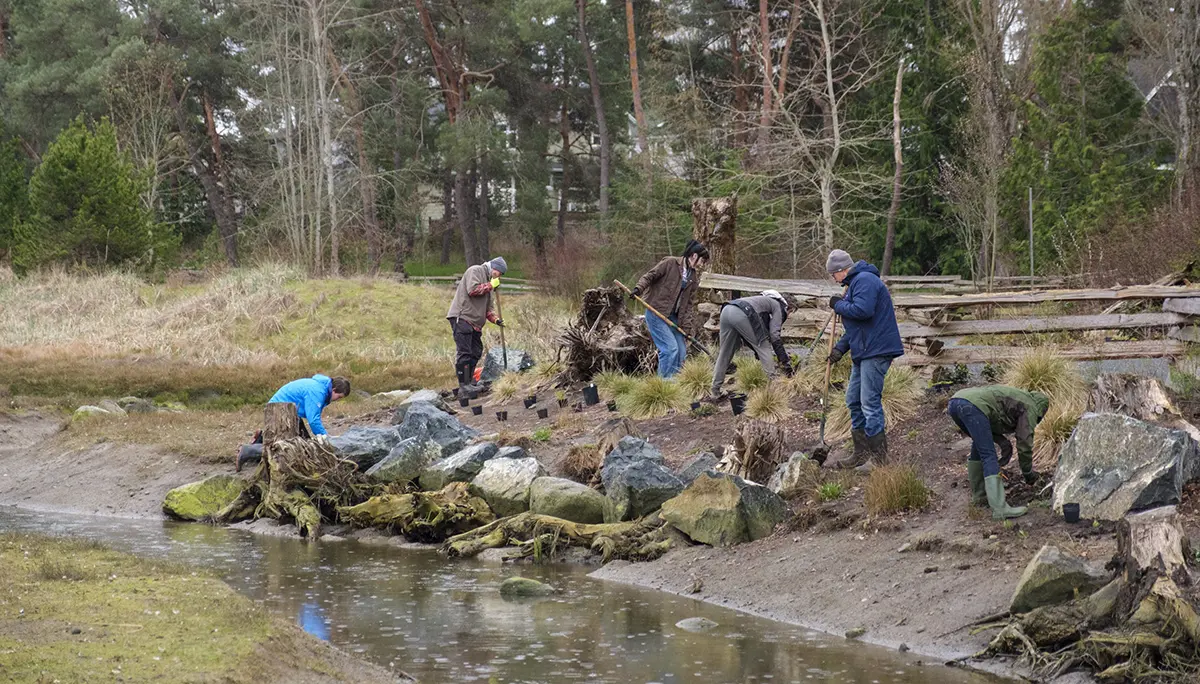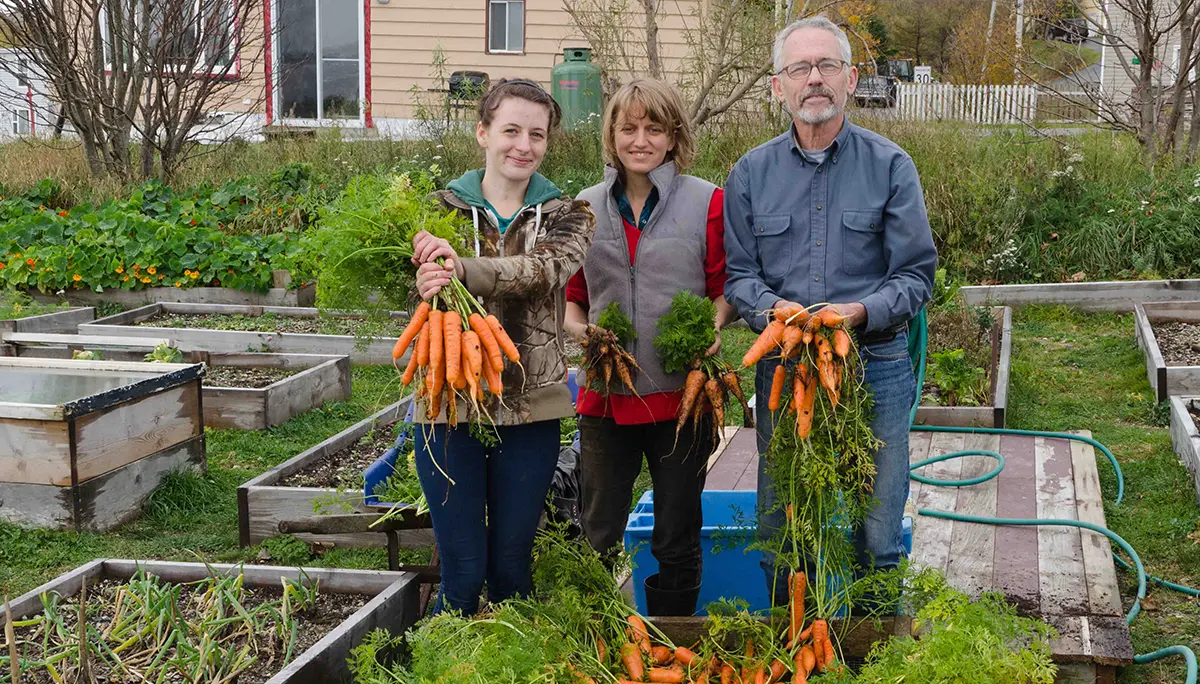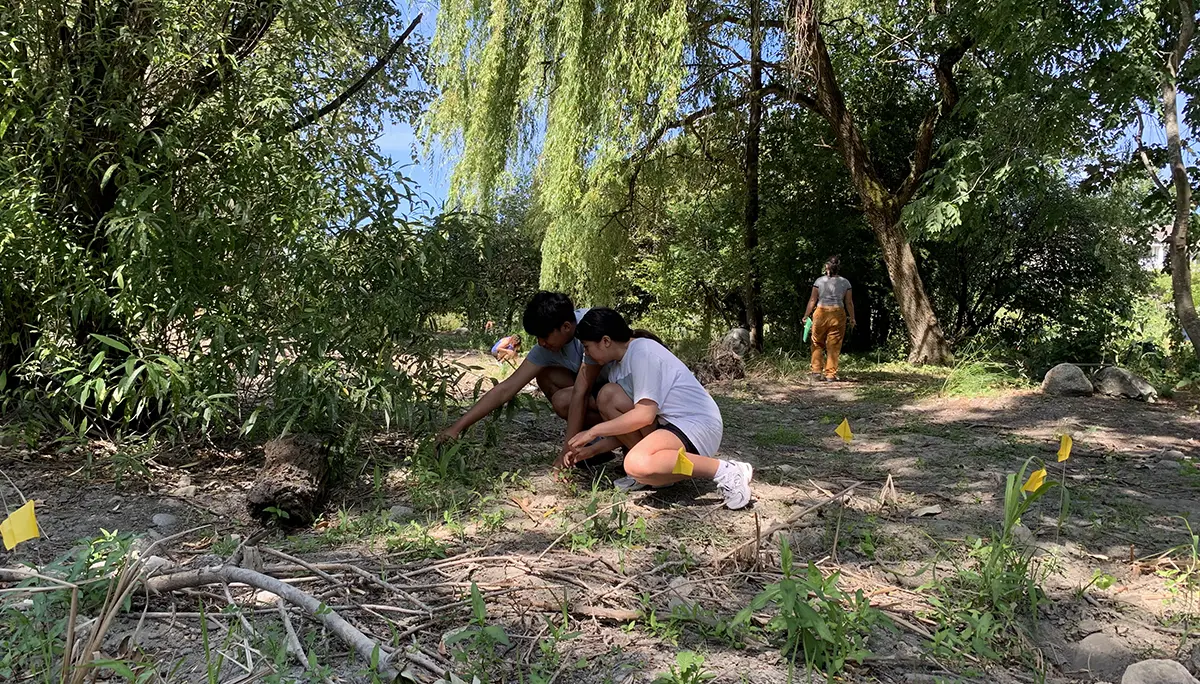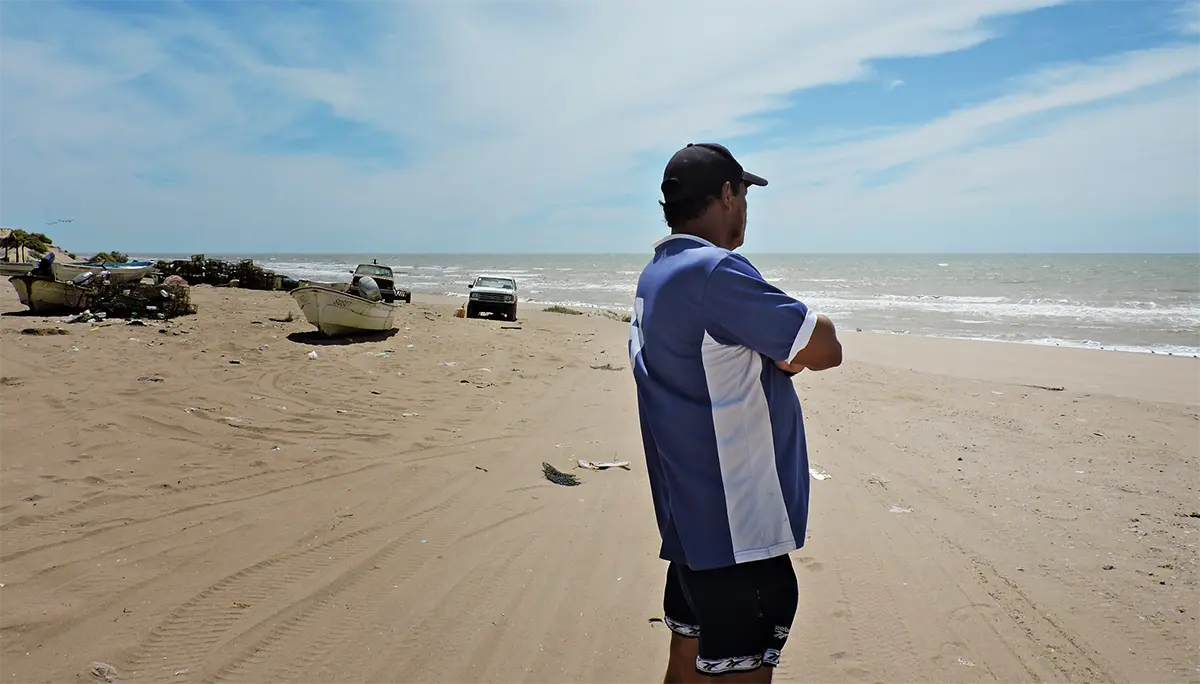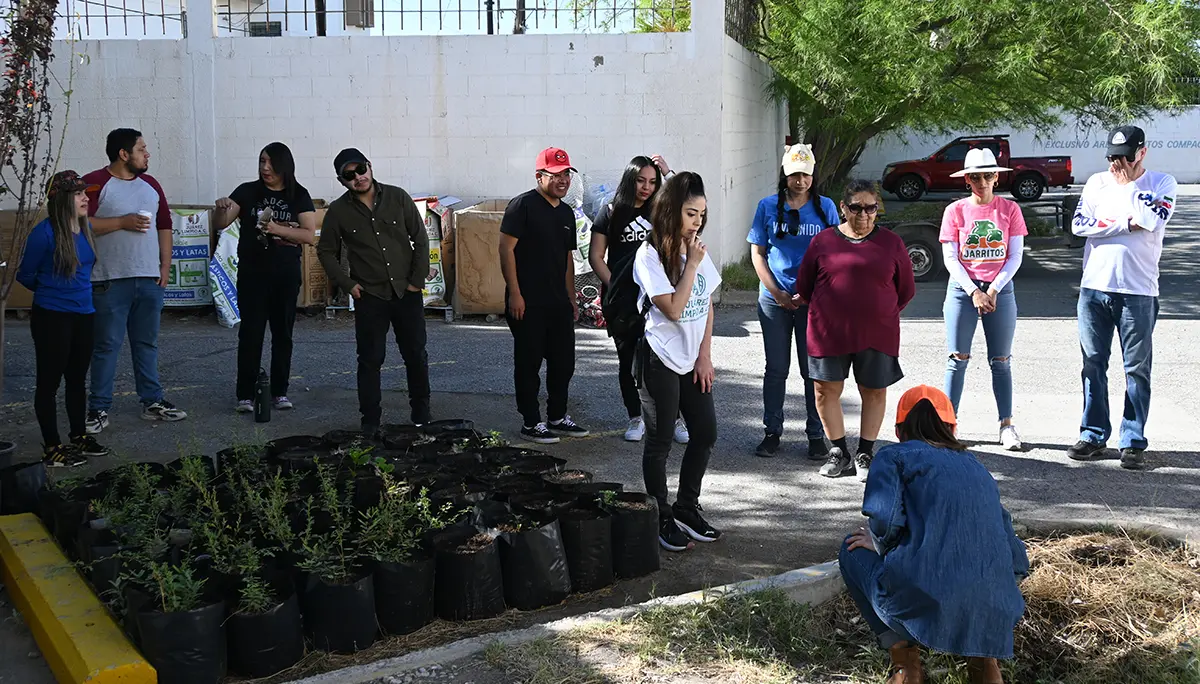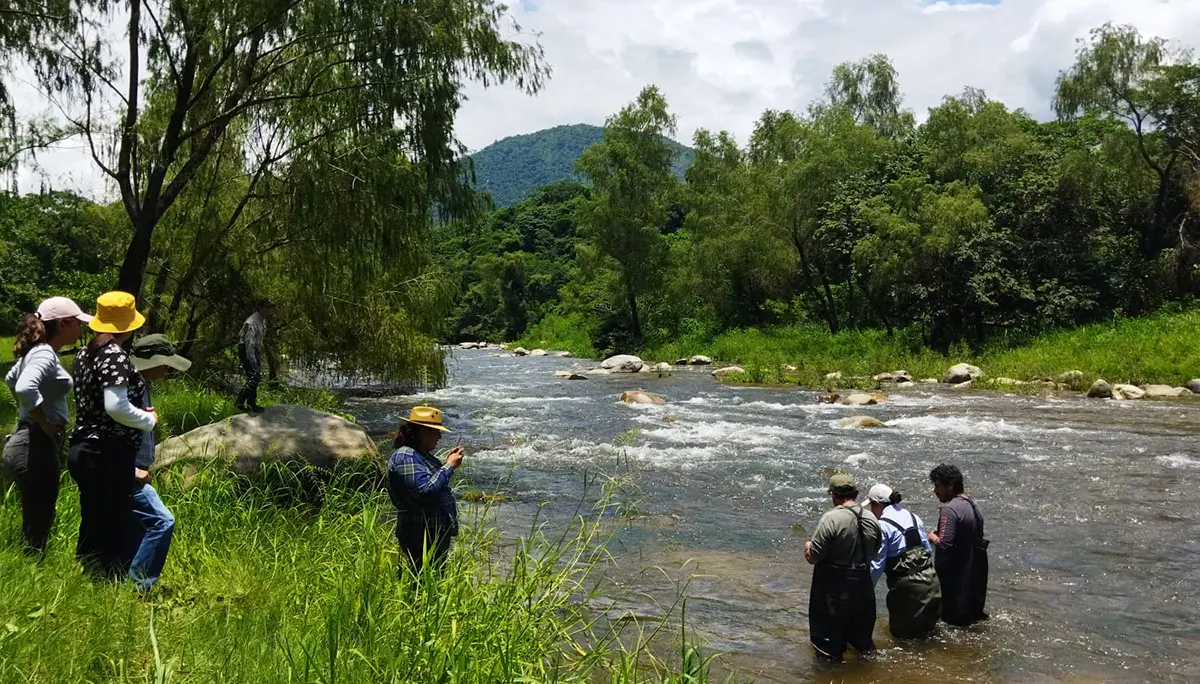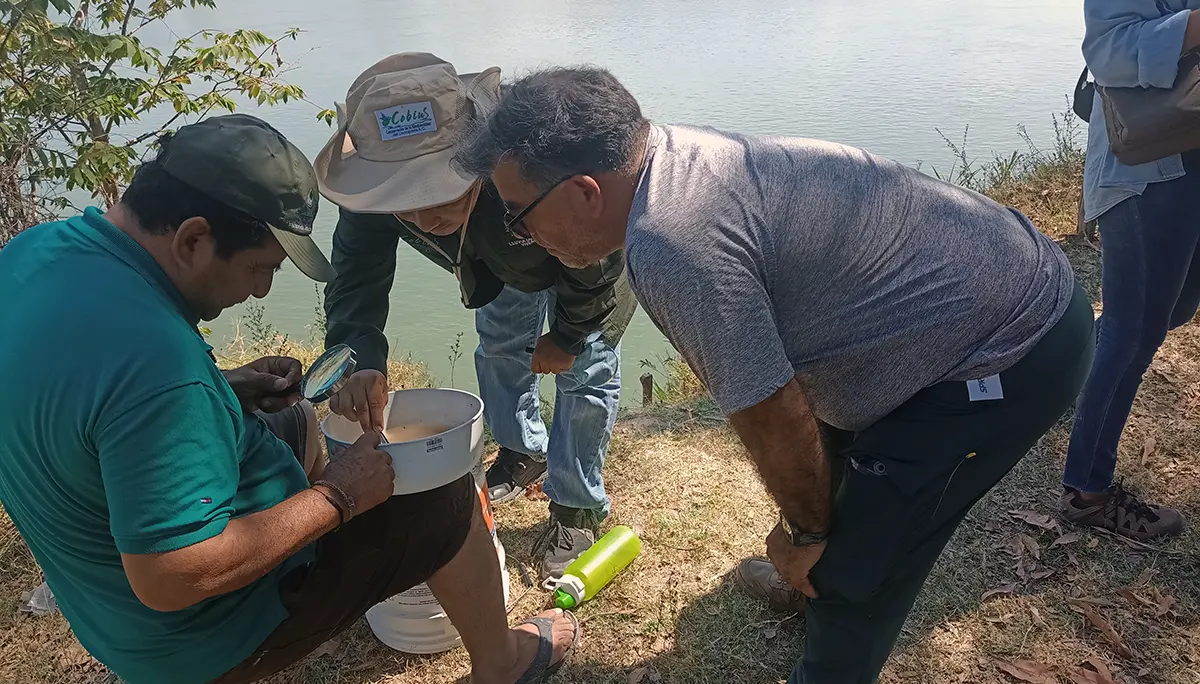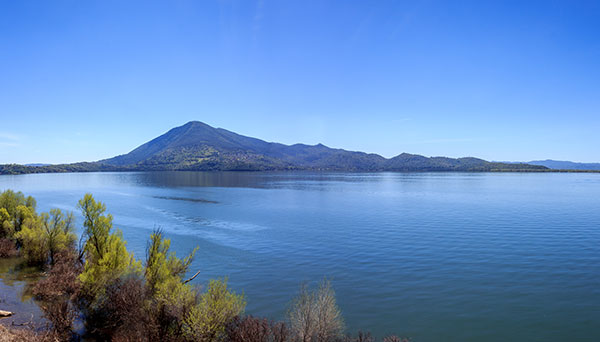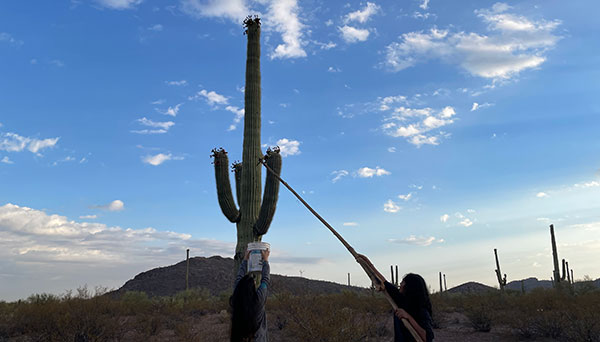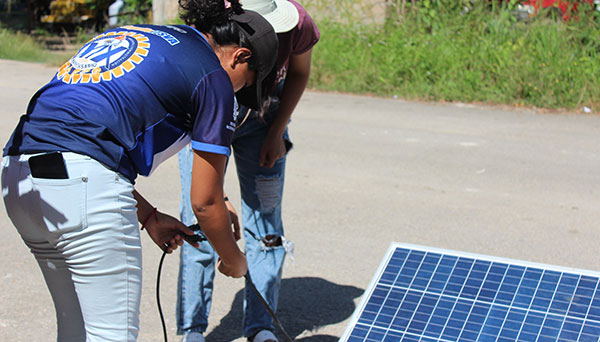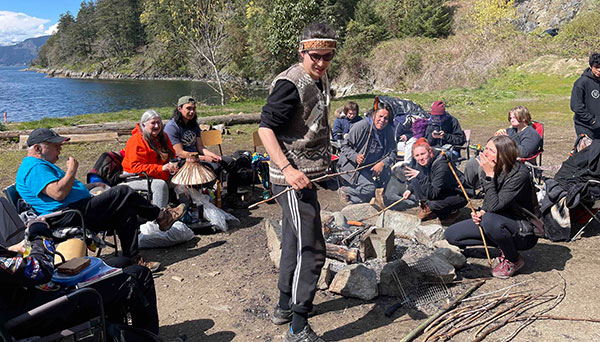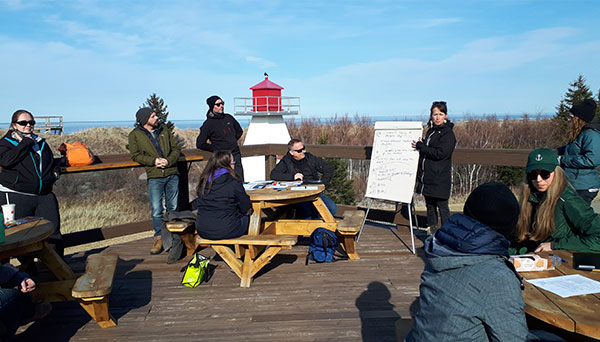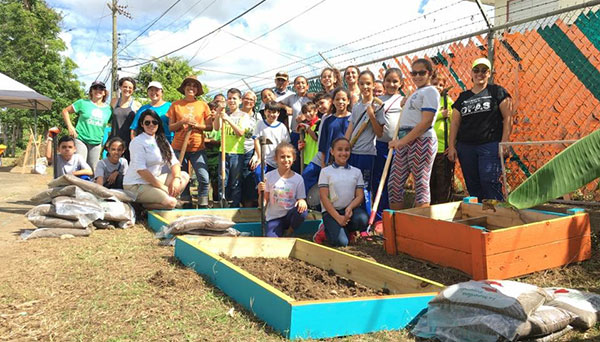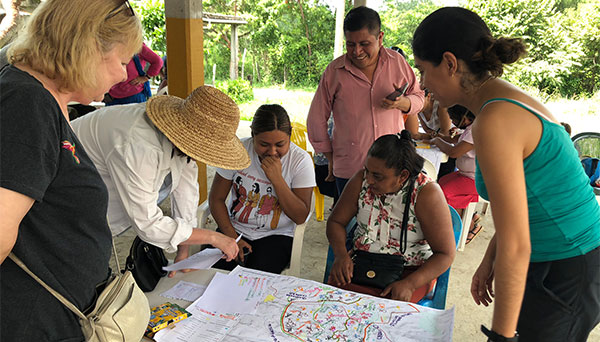Search
Year Range
Country
Status
EJ4Climate Projects
Urban Rainwater Harvesters in the Upper Santa Cruz River Basin, Ambos Nogales, Sonora, and Arizona
Watershed Management Group
With growing water scarcity and drought, uncertainty of the long-term effects of climate change in this region (e.g., changes in precipitation amounts, patterns, and intensity), lack of vegetation, and...
Empowering Vulnerable Communities to Prevent Toxic Chemical Exposure from Climate Change Events
Texas Health and Environment Alliance
Communities in the Houston/Galveston Region are threatened by climate change-related weather and hydrogeological events that can release toxic waste from old, often forgotten, industrial sites. Harris County, including Houston,...
Cool Franklin County Schools
Green Columbus
Columbus, Ohio, is home to the fastest-growing urban heat island in the United States. With just 22% tree canopy citywide, our downtown hotspots and low-canopy communities are burning. As...
Community-led Food Forest Development for Climate Resilience in Boston
Boston Food Forest Coalition
Boston Food Forest Coalition (BFFC) was founded in 2015 to address Boston's painful and intentional history of systemic racism in its neighborhood development policies. These policies have created drastic...
Fostering Lifelong Climate Champions – Building a Climate Stewardship Pipeline through Education and Workforce Development
Americas for Conservation + the Arts
Inequities in tree canopy health in the Denver metro area of Colorado are exacerbating climate injustice, as tree canopy coverage increases local air quality and mitigates the impact of...
Red River Métis Emergency Management Planning
Manitoba Métis Federation - National Government of the Red River Métis
While the MMF is taking action against climate change, there are increasing numbers of environmental emergencies that arise due to climate change. Many risks cause threats to life and...
Community Saltmarsh Restoration for Climate Resilience
Gorge Waterway Action Society
Degradation of the Gorge Waterway by settlers has left residents and wildlife vulnerable to such climate impacts as flooding, and has contributed to the release of stored carbon, impacting...
Provincial Food Network
Food Producers Forum
Based on five years of intensive research and information gathering, including a three-day online provincial conference in May 2022, and completion of a detailed survey that fall, focused on...
Community-led Indigenous Food Land and Wetland Biodiversity Corridor in Vancouver’s Downtown Eastside
Environmental Youth Alliance
The site was previously tidal mudflats and partially below the high tide line, with a stream running through it. In the 1910s, the tidal marshland and stream were covered...
Coastal Communities Resilient to Extreme Hydrometeorological Events in the Upper Gulf of California
Medio Ambiente y Comunidad CEDO, A.C.
The effects of climate change are apparent every day around the globe. While extreme weather events have not historically caused significant impacts in the Upper Gulf of California región,...
Community Environmental Education as An Environmental Justice and Climate-resilience Strategy in Ciudad Juárez
Juárez Limpio, A.C.
The effects of climate change in Ciudad Juárez result in a direct correlation between dangerous events and vulnerable populations. Droughts, prolonged heat waves, torrential rainfall, and landslides have been...
Innovation Network for Adaptation to Extreme Weather Events in Urban Environments in Chiapas
Fondo de Conservación El Triunfo, A.C.
The coastal municipalities of the Sierra Madre de Chiapas, including Arriaga, Tonalá, Pijijiapan, Mapastepec, Acapetahua, Escuintla, Villacomaltitlán, Huehuetán, Motozintla, Mazatán, Cacahoatán, and Tapachula, in the State of Chiapas, Mexico,...
Implementation of Strategies to Increase Climate Resilience Along the Urban Rivers of Villahermosa
Conservación de la Biodiversidad del Usumacinta, A.C. (COBIUS)
The city of Villahermosa has been beset by flooding for many decades. From a historical standpoint, the people of Tabasco have learned to live with the rising and falling...
Collaborative Community Research and Action to Build Climate Change Resiliency on California’s Largest Lake
Big Valley Band of Pomo Indians
Since 2015, catastrophic wildfires have burned >60% of Lake County. Epic drought has lowered lake, slough, and marshland water levels and amplified toxic chemical concentrations in aquatic biota. Rising...
Building Multinational Climate Resilience through Cross-Border Shared Learning in Mexico, the United States, and Tohono O’odham Nation
Borderlands Restoration Network (BRN)
The Madrean Archipelago is a culturally and ecologically diverse ecoregion that spans the southwestern United States, northwestern Mexico, and multiple sovereign Indigenous nations. With isolated mountain ranges separated by...
Mayan women promoting solar power
Túumben K'óoben, S.C. de R.L. de C.V.
Communities on the Yucatán peninsula are living through the effects of climate change and facing major challenges: erratic rainfall is modifying production cycles and endangering food systems due to...
Snuw uy ulh tuna tumuhw (Teachings of the Land): Reconnecting Youth with Indigenous Land Stewardship Practices and Traditions
Stqeeye' Learning Society
Quw’utsun people have been living on the coastal lands of the Salish Sea in for at least the last 15,000 years. Beginning in the mid-1840s, British Columbian Indigenous people...
From One Sea to Another: Building Community Coastal Resilience in British Columbia and Nova Scotia
Stewardship Centre for British Columbia
The impacts of extreme weather events are being felt by a growing number of coastal communities in British Columbia and Nova Scotia as climate change increases the frequency and...
Resilient Schools Consortium: Transforming Puerto Rico’s Schools into Hubs for Climate Resilience Education and Solutions
Organizacion Pro Ambiente Sustentable
Puerto Rico, an island community of 3.3 million people, has been battered by climate-fueled storms for decades, yet has not educated or trained future generations to be prepared. There...
Katuxawat Totonaca Community Learning Model (Cultivating Life) for Environmental Justice
Consejo Totonaco de Organizaciones y Comunidades
Communities in the Totonacapan regions are highly vulnerable to the hydrometeorological threats impacting biodiversity, health, society and agriculture. However, tlan latamat (the Totonacan model of good living) relates to...
